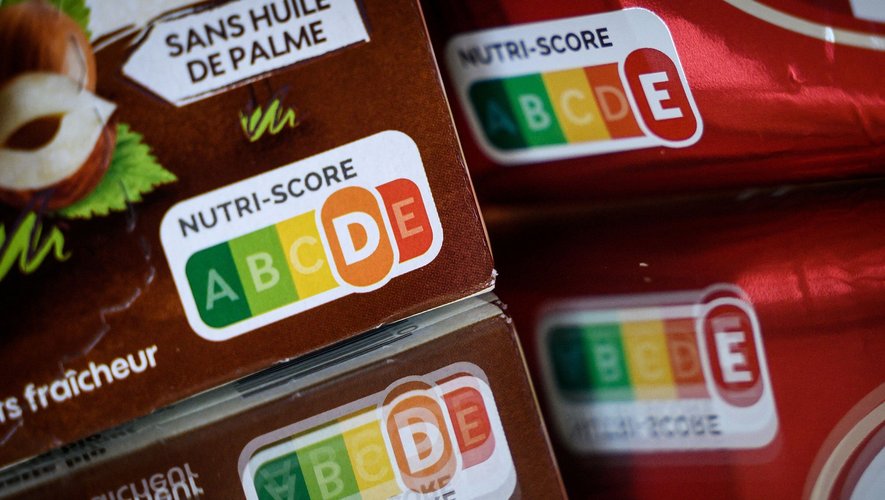The Nutri-score evolves. From the end of the year, nutritional labeling will change to better take into account knowledge about food and health. A decision that welcomes the UFC Que Choisir, which claims that this device is compulsory, despite the discontent of certain regional producers.
The Nutri-score has a new look. The method of calculating this nutritional labeling system, imposed in France and other European countries, will change from the end of 2023 to better take into account knowledge about food and health, health authorities announced Monday, April 24.
Contacted by The Midi Dispatch, the consumer association UFC-Que Choisir welcomes this decision, but asks that the European Commission make the Nutri-score compulsory in the Union, despite the protests of certain regional producers. Interview.
The Midi Dispatch : Some have long criticized the Nutri-score for not being “strict” enough. After a first step last year on solid foods, the steering committee has just completed its work on the beverage component. How have you welcomed these developments?
Olivier Andrault, agriculture-food project manager at UFC-Que Choisir : There were changes to be made – especially on the fat side – and they were. We welcome these improvements. It is always good to refine the Nutri-score, since we know that the nutritional quality increases in the shelves where it is displayed.
However, you believe that “only the obligation to display the Nutri-score” can push manufacturers to “improve their recipes”. For what ?
Because the health situation on the food front is catastrophic. Today, 18% of French children are obese, which is just huge for this age group, which should not be affected by this type of condition. Of course, many factors can explain this observation, but we know very well that the food industry bears an enormous responsibility. We do not say that it is entirely responsible, but we know that the addition of sugar, salt or fat in food greatly encourages consumers to buy the product.
The example of grain products speaks volumes. These foods, which were once very good nutritionally, have been so bloated with salt, sugar and chocolate that they have, of course, seen their rating drop. In about fifty years, the industry has therefore transformed a rather interesting food from a nutritional point of view into a product that it is not advisable to consume every day. This is why we want to force manufacturers to improve their recipes by making labeling compulsory.
Which products still escape the Nutri-score?
These are most often major international brands, unlike private labels (private labels) or first-price products, which respect the display relatively well. We are talking about sodas, sweets, biscuits, spreads… Some manufacturers clearly do not play the game because they know very well that these products are bad for your health.
Some regional producers accuse the Nutri-score of “punishing” the French gastronomic heritage, by noting their products unfavorably…
In effect. Take the example of Roquefort, which crystallized these tensions because its rating was likely to drop with the new nomenclature. What its producers fail to mention is that Roquefort is one of the fattest and saltiest traditional cheeses on the market (it contains twice as much salt as Emmental). In reality, no one asks Roquefort producers to change their recipe! This cheese is fine the way it is. The new Nutri-score simply advises not to eat it every day.

